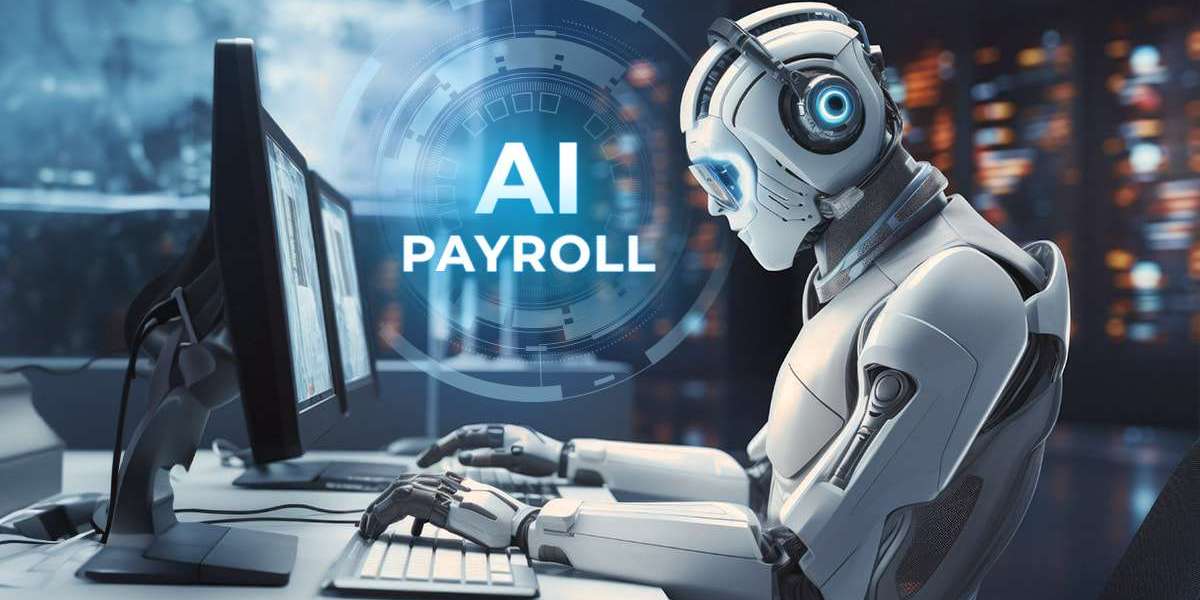In the ever-evolving landscape of business operations, the integration of Artificial Intelligence (AI) has emerged as a game-changer, particularly in the realm of payroll management. This article delves into the profound impact of AI in payroll, shedding light on how it enhances accuracy, ensures compliance, and reshapes the future of payroll processing.
Introduction: Unleashing the Power of AI in Payroll
The rapid advancement of AI technology has paved the way for innovative solutions in various business processes, and payroll is no exception. AI brings a paradigm shift, not just in automating routine tasks but also in elevating the precision and compliance standards of payroll management.
Understanding AI in Payroll: A Brief Overview
Before we plunge into the details, let's establish a foundational understanding of AI in payroll. AI leverages machine learning algorithms to analyze vast sets of payroll data, identify patterns, and execute complex calculations, resulting in more accurate and efficient payroll processing.
The Dynamics of AI-Driven Payroll: Heading Toward Precision
AI introduces a new era of precision in payroll management, offering benefits that extend beyond traditional approaches. Let's navigate through the key facets shaping the landscape:
1. Enhanced Accuracy Through Predictive Analytics
AI's predictive analytics capabilities empower payroll systems to forecast patterns, reducing errors and ensuring precise calculations. This predictive prowess minimizes discrepancies, fostering a more accurate payroll process.
2. Automated Compliance Checks: A Regulatory Guardian
Ensuring compliance with ever-changing regulations is a daunting task. AI acts as a vigilant guardian, automating compliance checks and flagging potential issues, thereby mitigating the risk of non-compliance and associated penalties.
3. Time-Efficient Data Processing
Manual data processing is not only time-consuming but also prone to errors. AI streamlines data processing, swiftly handling vast datasets with unparalleled efficiency. This not only saves time but also elevates the overall accuracy of payroll operations.
Navigating Challenges: AI in Payroll Implementation
While the benefits are immense, the implementation of AI in payroll comes with its set of challenges. Addressing these challenges is crucial for organizations aspiring to leverage the full potential of AI in payroll management.
1. Data Security Concerns
The reliance on AI involves handling sensitive employee data. Robust cybersecurity measures must be in place to safeguard this information, ensuring the confidentiality and integrity of payroll data.
2. Workforce Adaptation
Integrating AI may require upskilling the existing workforce to adapt to the new technologies. Employee training programs become essential to harness the full potential of AI-driven payroll systems.
FAQs: Navigating the Intricacies of AI in Payroll
Is AI in payroll suitable for small businesses?
Absolutely. AI in payroll offers scalability, making it adaptable for businesses of all sizes.
How does AI ensure compliance in payroll processing?
AI uses algorithms to continuously monitor and adapt to changing regulations, minimizing compliance risks.
Can AI in payroll replace human oversight entirely?
While AI enhances efficiency, human oversight remains crucial to address nuanced scenarios and exceptions.
What cybersecurity measures should accompany AI implementation in payroll?
Data encryption, secure access controls, and regular security audits are paramount for safeguarding payroll data.
How can organizations prepare their workforce for AI integration in payroll?
Comprehensive training programs and change management initiatives are key to preparing the workforce for AI adoption.
Is AI in payroll cost-effective in the long run?
Despite initial investment, AI-driven payroll systems often prove cost-effective due to reduced errors and enhanced operational efficiency.
Conclusion: Paving the Way to Future-Ready Payroll Management
In conclusion, the integration of AI in payroll heralds a transformative era, marked by heightened accuracy, streamlined compliance, and unparalleled efficiency. Embracing this technological evolution is not just an option but a strategic imperative for organizations seeking to stay ahead in the competitive business landscape.


